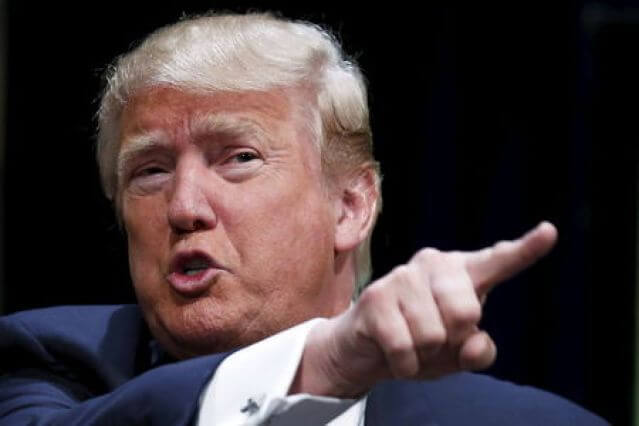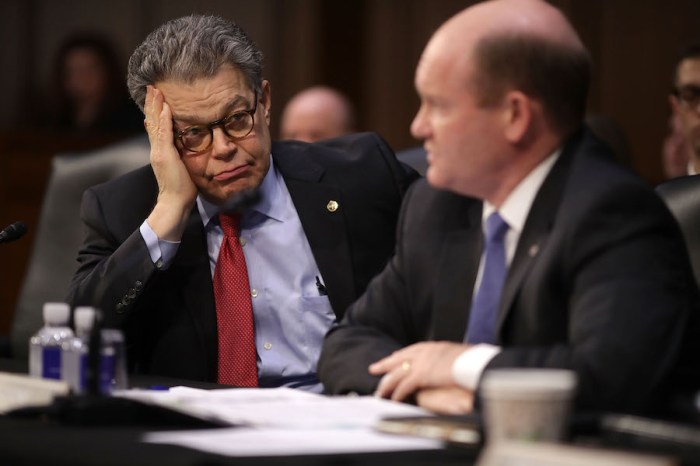More than 30 U.S. governors’ races will be decided on Tuesday, with more than a dozen considered too close to call and a large number of incumbents struggling to defend their economic policies as they seek to remain in office. Hot-button issues from gun control to abortion restrictions and healthcare figure in some races.
For many voters, however, the economy has remained the central issue. An uneven recovery could prove the undoing of several incumbents, including the governors of Kansas and Pennsylvania, who are being held accountable for their states’ fiscal woes. “We’ve had a very difficult economy for years, and anyone in office is going to be held partly accountable, especially governors,” said Larry Sabato, director of the University of Virginia’s Center for Politics. “They’re not called ‘little presidents’ for nothing.” Fiscal issues in Kansas, for example, have pushed Republican Gov. Sam Brownback into a tough struggle against Democrat Paul Davis.
Brownback slashed taxes in an effort to boost the economy, prompting a downgrading of the state’s credit rating, and his policies coincided with a sharp decline in state revenue and mounting fears about funding shortfalls for schools. Davis, a state representative, has promised to end Brownback’s “experiment,” while tailoring a campaign to lure Republicans in a state normally reliable for that party, while not losing Democrats. Fourteen governors’ races are seen as toss-ups, according to the Cook Political Report, a non-partisan newsletter that analyzes campaigns and elections. At least 10 incumbent governors are battling to save their jobs, experts project. “There’s a strong anti-incumbent mode,” said John Green, professor of political science at the University of Akron and director of the Ray C. Bliss Institute of Applied Politics.
“Governors are generally easy targets for anti-incumbent feelings, so you see some Republican governors in trouble like the governor in Pennsylvania,” he said.
GOVERNORS IN A ‘REAL HOT SPOT’
Pennsylvania Republican Gov. Tom Corbett has trailed badly in polls against Democrat Tom Wolf, a businessman who has poured his personal fortune into the race.
If Corbett, who has been criticized for cuts in education funding and escalating pension liabilities during his tenure, fails to win his second term, he would become the first incumbent governor to do so in the state’s history. “Although the economy is definitely better than it was a year ago, it’s not up to anybody’s expectations, and governors are in a real hot spot,” Green said. “They’re the ones who have to cut programs or raise taxes.” Among governors looking to keep their jobs are potential 2016 presidential hopeful Scott Walker, the Wisconsin Republican who became a champion of conservatives when the state cut back the powers of public-sector unions. Recent polls have him running neck and neck with Democrat Mary Burke, a former business executive.
Party control of governorships is considered important in the 2016 White House contest, when candidates use governors to help build state-by-state support toward a possible nomination. Going into Tuesday, Republicans hold 29 governorships compared with the Democrats’ 21. In Florida, Republican Gov. Rick Scott has received campaign help from New Jersey Gov. Chris Christie, Louisiana Gov. Bobby Jindal and Texas Gov. Rick Perry, who are all seen as possible presidential candidates, in his fight against former Gov. Charlie Crist. Nathan Gonzalez, deputy editor of the Rothenberg Political Report, said having so many competitive governors’ races was “extraordinary.”
U.S. governors seeking re-election face dissatisfied voters in close races

Reuters/Jim Young


















